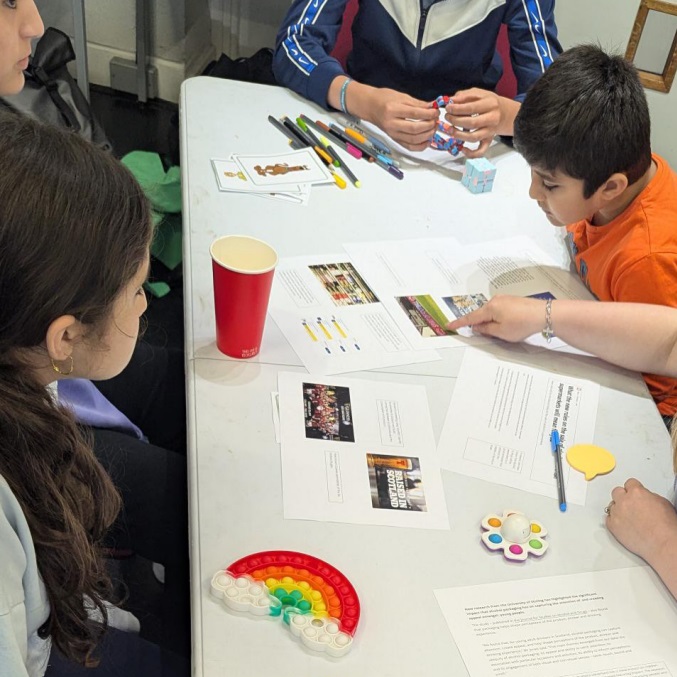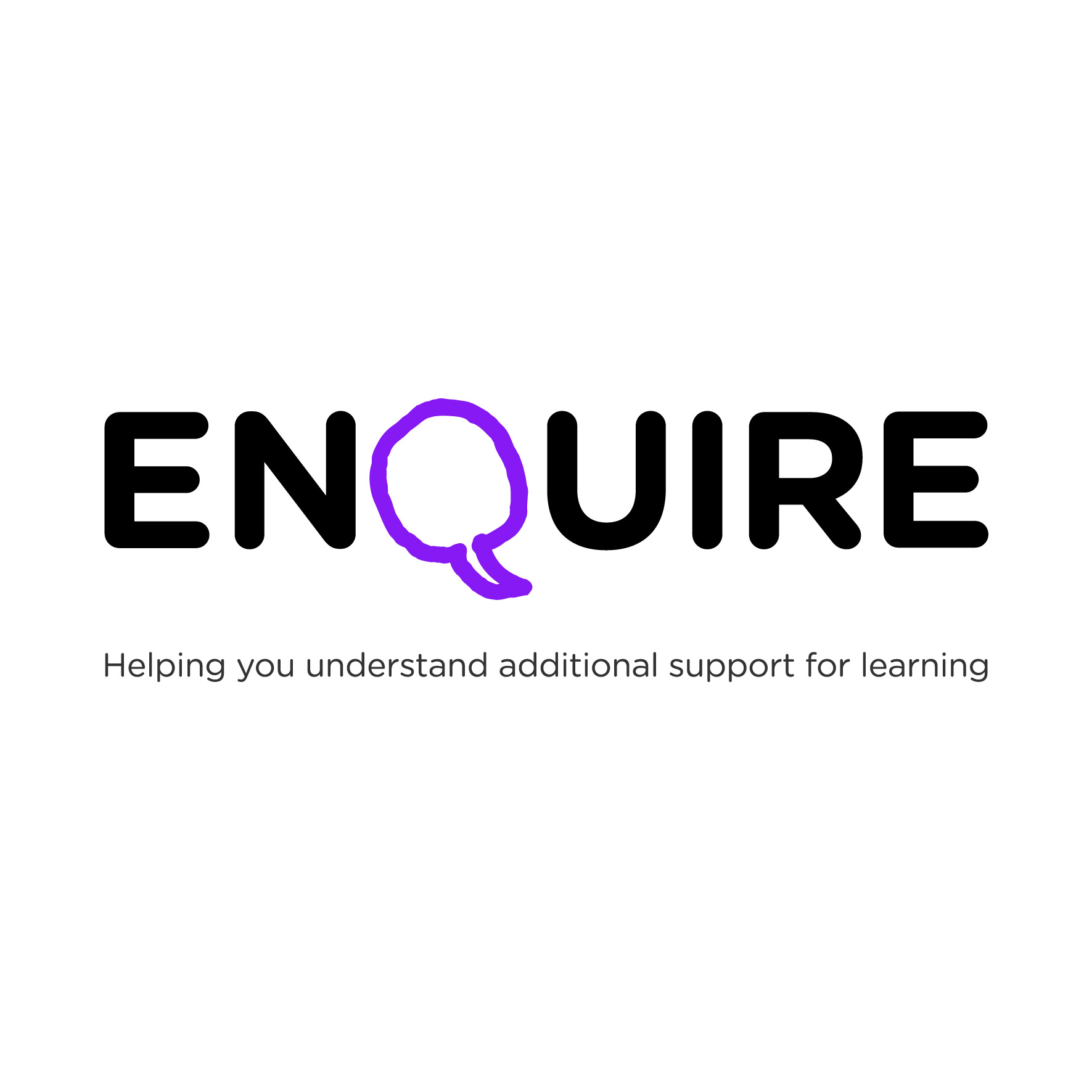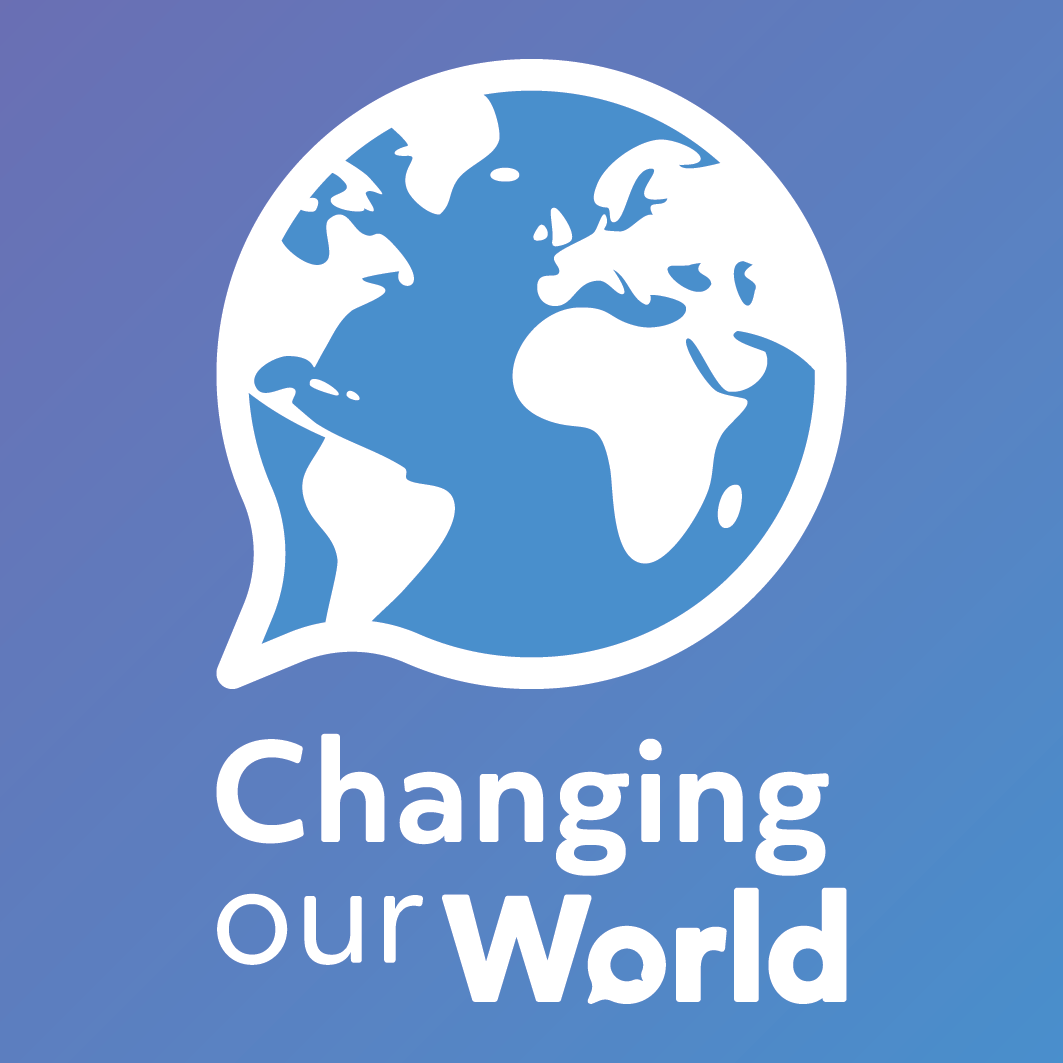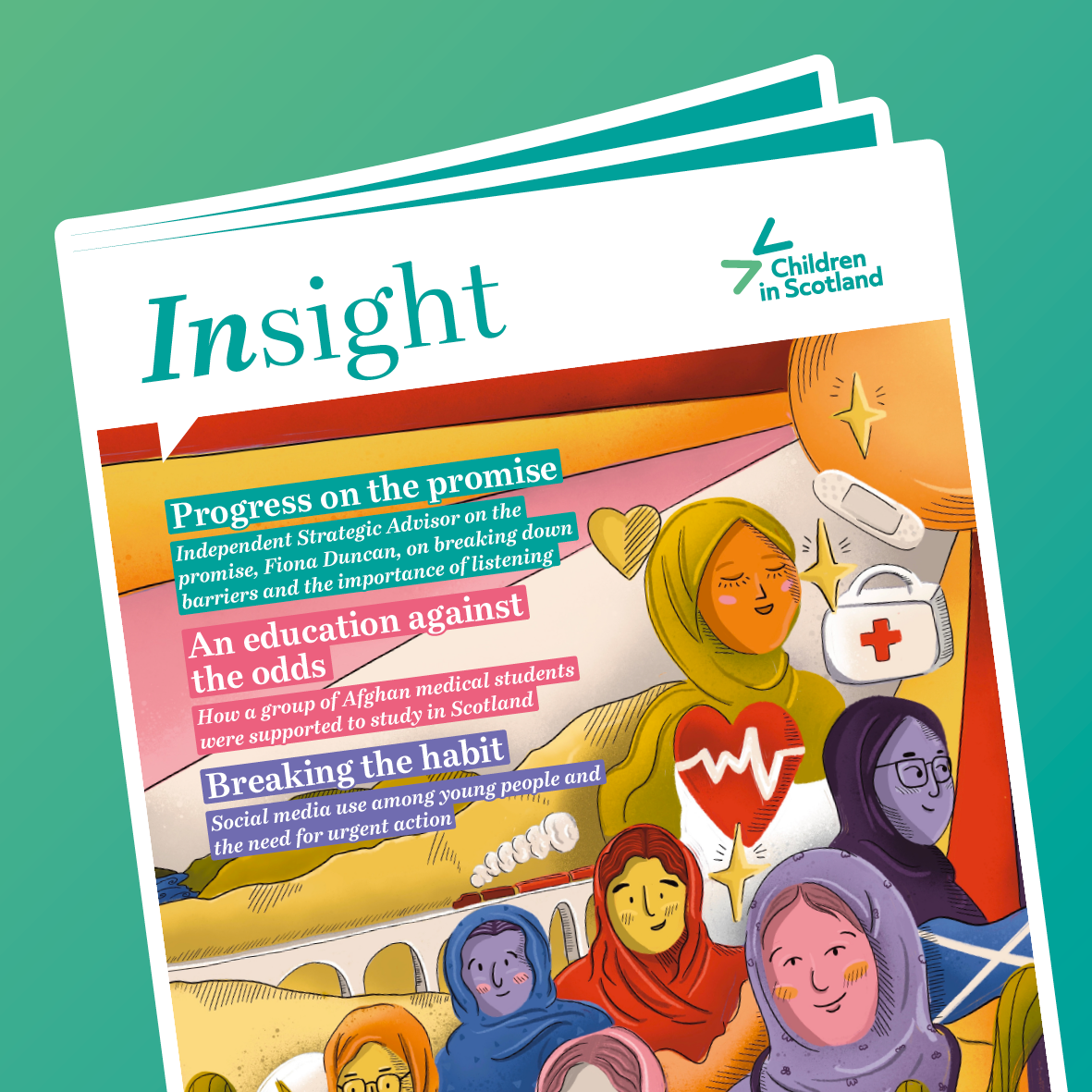In a new report published today, Public Health Scotland have concluded that introducing restrictions on alcohol advertising and marketing is an effective and cost-effective way of reducing how much we drink, and in turn improving the health of people living in Scotland.
The review, commissioned by the Scottish Government, found that people are frequently exposed to alcohol marketing and advertising in their daily life, through sponsorship of their favourite sports teams, displays in shops and ads on billboards and bus stops. That exposure is associated with people drinking more.
The report states that “alcohol marketing and advertising is pervasive and persuasive, and frequent exposure to it drives alcohol consumption and related harms, including among children and young people.”
To have the greatest impact Public Health Scotland recommend restrictions be as wide-ranging as possible and well enforced.
Alison Douglas, Chief Executive of Alcohol Focus Scotland, said:
“Alcohol advertising drives drinking. The industry claim it doesn’t, but would they spend millions of pounds marketing their products unless it made a difference to their bottom line? It follows that reducing the sheer volume of alcohol marketing we are exposed to will decrease how much we drink – and protect future generations - as Public Health Scotland has concluded in its evidence review published today.
“Children and young people have the right to a childhood free from alcohol marketing. The Scottish Government has stated time and again that they remain committed to protecting children and young people from alcohol marketing, but they are way behind the curve when it comes to action when compared to other European countries including Ireland. We have the evidence; it’s time to act.
“Alcohol Focus Scotland urges the Scottish Government to use all its powers to reduce alcohol marketing, including by restricting the sponsorship of sports and events by alcohol companies, controlling adverts in outdoor and public spaces and by limiting how visible alcohol is in shops.
“At a time when Scotland’s deaths from alcohol have reached a 15-year high, the Scottish Government must use all the policy tools at its disposal to remedy the current situation and protect the health of our young people now and into the future.”
Dr. Judith Turbyne, Chief Executive of Children in Scotland, said:
“As outlined in the United Nations Convention on the Rights of the Child (UNCRC), all children have a right to the best possible health. With the incorporation of the UNCRC into Scots law, the Scottish Government must do everything it can to protect children’s health and wellbeing.
“Existing evidence – and children and young people themselves – has told us the harmful impact alcohol marketing can have on their lives. We are pleased to see further affirmation in this evidence review that wide-ranging restrictions on alcohol marketing would have a positive impact on the health of children, young people and families.”
Ewan Carmichael, youth activist, said:
“Young people continue to tell us that alcohol marketing is everywhere in their lives - often in ways they don't immediately recognise. From colourful packaging and 'fun' flavours, to links with low- and no-alcohol products and sport, these tactics normalise drinking and can appeal to under-18s.
“Despite voluntary codes, there is little meaningful accountability when companies break the rules. That's why change is needed – including health warnings on alcohol products, an end to adverts in spaces like bus stops and train stations, and independent regulation to protect young people from harm.
“The Scottish Government now has a real opportunity to act. If we are serious about reducing alcohol harm, we must listen to communities - especially young people - and put their health and wellbeing before industry profit.”
For further information please contact Rebecca.Sibbett@alcohol-focus-scotland.org.uk or call 07519121782
Alcohol Focus Scotland (AFS) is the national charity working to prevent and reduce alcohol harm. It wants to reduce the impact of alcohol on individuals, families, communities and Scotland as a whole, through the implementation of effective alcohol control policies and legislation.
To learn more about its work, visit alcohol-focus-scotland.org.uk
Click here to read Public Health Scotland's Review of evidence












